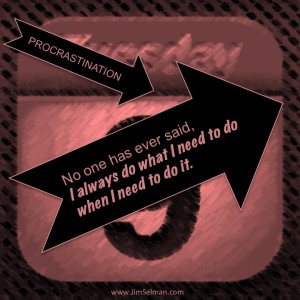By Jim Selman | Bio
As we watch the devastation in Haiti on television, the world recoils at the horror and the suffering, mobilizes its resources and tries to clean up the mess and help the survivors. The media forages, looking for who to blame (usually corrupt or incompetent politicians). We’ve witnessed this scene following earthquakes countless times: in the 2008 Sichuan earthquake 2008 when 69,000 died in China; in the 2004 Indian Ocean earthquake when 230,000 died in Indonesia, Sri Lanka, India and Thailand; in the 2005 Kashmir earthquake where 86,000 died in Pakistan; in the 1923 Great Kanto earthquake when 142,800 died in Japan; and even in 1908’s Messina earthquake when 100,000 died in Italy. If we think about the hurricanes, volcanoes, fires, tsunamis and famine, it seems the “Four Horsemen of the Apocalypse” are doing a fabulous business these days. The fact is that natural (and some unnatural) disasters happen all the time. But if you look at the impact of these events in developed countries and compare them to the impact in underdeveloped countries, the contrast is shocking.
The reason for this has been clear for a long time. The extent of damage in any earthquake depends on many variables, including the magnitude of the quake and the aftershocks, what type of soil buildings are on and the distance of population centers from the epicenter. Underdeveloped or developing nations face particular challenges—especially when dealing with high population density areas—because they lack the necessary infrastructure to respond. In addition to this factor,
read more



